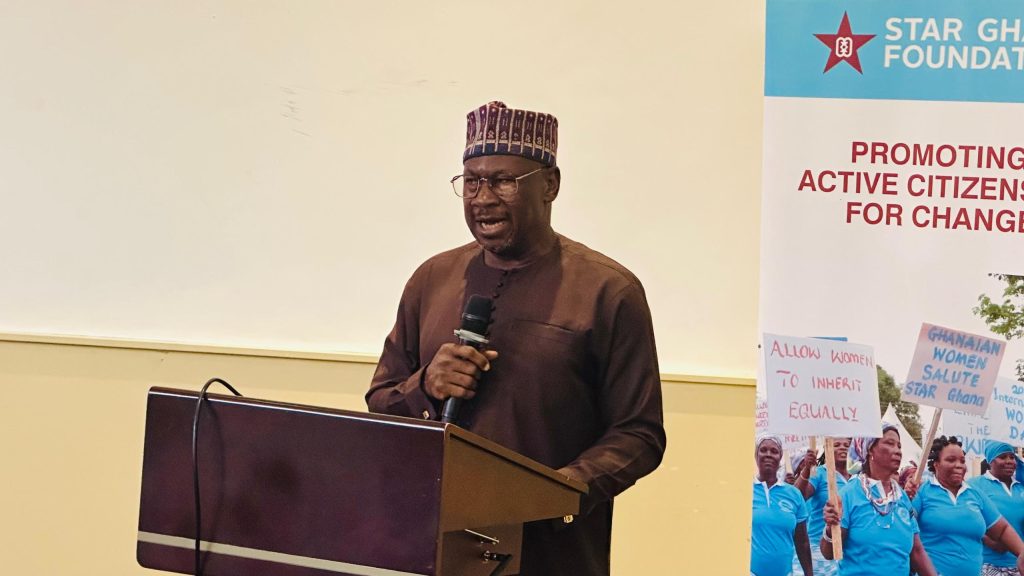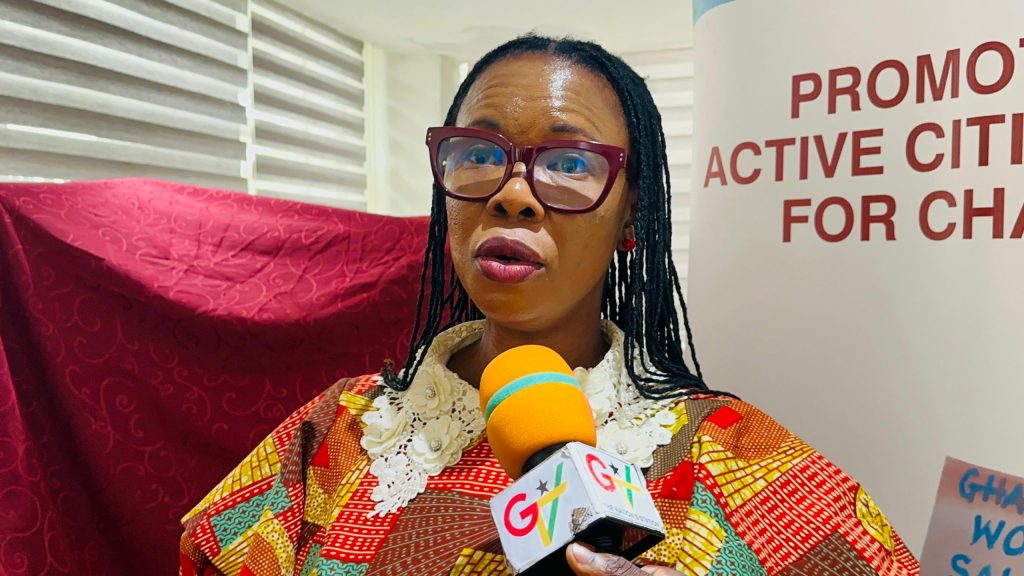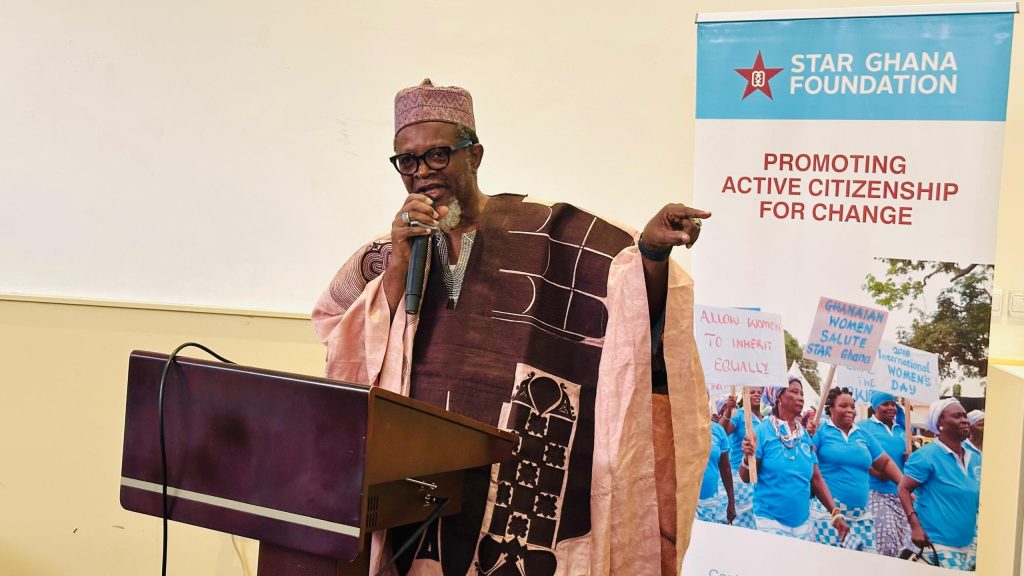By James Amoh Junior
Accra, Feb. 26, GNA – The STAR-Ghana Foundation has launched the Fulbe Integration Manual aimed at fostering the inclusion and peaceful coexistence of the Fulbe ethnic group within Ghanaian society.
Developed with support from the UK Foreign, Commonwealth & Development Office (FCDO), the manual builds on STAR-Ghana’s ongoing peace and security interventions in Northern Ghana.
It offers strategic recommendations on political, social, economic, and cultural integration, emphasizing non-violent conflict resolution and community dialogue.
Research conducted by STAR-Ghana revealed persistent negative perceptions about the Fulbe, with 78 per cent of respondents viewing them as foreigners and 52 per cent perceiving them as violent.
These stereotypes, the study found, limited their access to leadership roles and economic resources.
Held in Accra, the event brought together policymakers, traditional leaders, development partners, and civil society actors to discuss strategies for integration and social cohesion.
Ibrahim-Tanko Amidu, Executive Director of STAR-Ghana Foundation, highlighted the significance of the manual in addressing social exclusion.
He said, “one of the key drivers of conflict in Northern Ghana is the issue of exclusion. Many groups, including the Fulbe, are often marginalized due to preconceived ideas and sociocultural barriers.”

The manual, he said, provided practical guidelines to help government agencies, traditional authorities, civil society, and other stakeholders promote inclusive policies that respect the rights and dignity of all citizens.
The Executive Director said there was the need to shift from mere discussions to concrete actions that ensured inclusive development.
He stressed that, “the Fulbe are not just cattle herders; they are entrepreneurs, traders, and contributors to Ghana’s economy. Recognizing their role is crucial for national cohesion and stability.”
Eunice R. Agbenyadzi, Head of Programmes, STAR-Ghana, who outlined the manual’s four main focus areas: political participation, social, economic, and cultural integration, said the Fulbe had lived in Ghana over a century yet their integration remained checkered.

Social integration, she added, must be strengthened through targeted interventions in education and healthcare to reduce stigma against Fulbe children and improve maternal health services.
“Many Fulbe children in schools face discrimination, and there is resistance to their participation in leadership positions. We must create enabling environments in education, healthcare, and community participation to foster true inclusion,” she stated.
On economic integration, she noted the Fulbe’s significant role in Ghana’s cattle value chain and their contributions to food security through dairy and meat production.
However, she added that economic policies must be inclusive, ensuring their access to markets, credit, and business opportunities.
The manual also underscored the importance of cultural assimilation, calling for efforts to promote mutual understanding between Fulbe communities and their host populations through sports, cultural exchanges, and public education campaigns.
Dr. George Amoh, Executive Secretary of the National Peace Council, lauded STAR-Ghana’s initiative, stressing the urgent need for deliberate policy interventions to address ethnic discrimination and foster national unity.

“We cannot claim to be a united nation when sections of our society remain marginalized,” he remarked.
The Executive Secretary said, “true national development is not just about roads and infrastructure but about building an integrated society where everyone has equal opportunities.”
Dr. Amoh warned that growing discrimination against the Fulbe could have broader geopolitical and security implications for Ghana.
He called for strengthened collaboration between the government, security agencies, and civil society organizations to address systemic exclusion and promote peacebuilding initiatives.
Alhaji Iddrisu Mohammed Bingle, National President, National Council of Fulani Chiefs, commended STAR Ghana Foundation and its partners for the manual as it would help promote national cohesion and integration.
“With this, I know the issue of stereotyping, marginalisation, denial of their citizenship rights. These things are facts on the ground,” he said.
He stressed the need for law enforcement agencies and the media to treat crime as an individual act rather than attributing it to an entire ethnic group.
“When a person from any other ethnic background commits a crime, they are dealt with as an individual. However, when a Fulbe person is involved in wrongdoing, it is often generalized and weaponized against the entire Fulbe community. That must stop!”
During a panel discussion moderated by journalist Umaru Sanda Amadu, himself a Fulbe, stakeholders emphasized the need for intensive engagement in schools, the media, and community groups to challenge stereotypes and foster positive narratives about the Fulbe.
They also called on the Government, civil society, and traditional authorities to implement the recommendations outlined in the manual to promote inclusion and social cohesion.
GNA